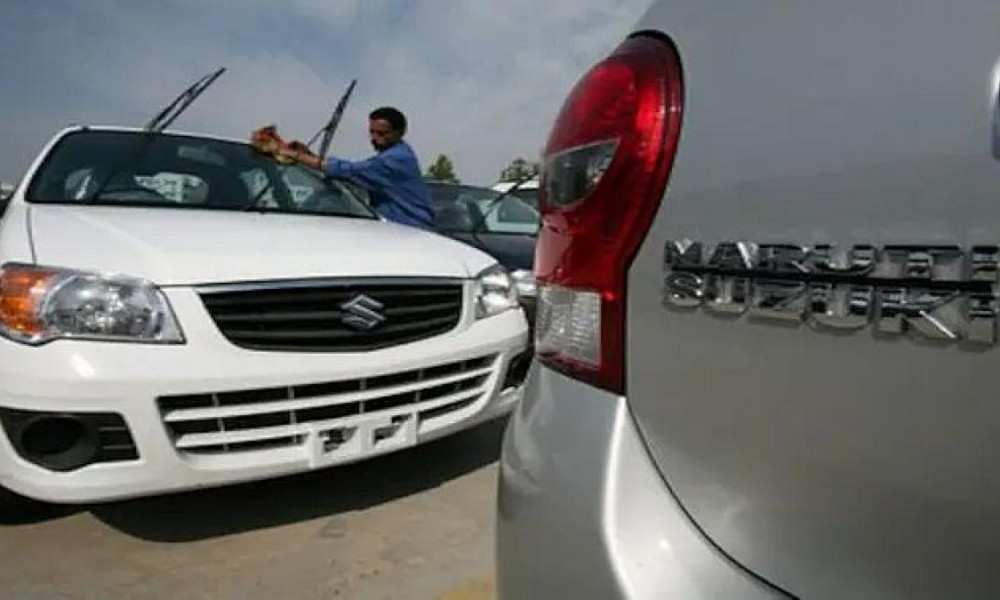Commerce and Industry Minister Piyush Goyal said he will consider taking up the compensation cess issue with the finance ministry. This follows the recent GST 2.0 announcement affecting the automobile sector. He emphasized collaboration between dealers and OEMs to find solutions during this transitional phase. Goyal spoke at the 7th Auto Retail Conclave organized by FADA.
The Minister stated he will do whatever best he can, subject to whatever is possible. He acknowledged that transitions always bring some difficulties. Goyal believes OEMs also share responsibility in remediating this issue. While dealers engage with government, manufacturers must step up too.
The automobile industry welcomed discontinuation of the compensation cess levy. However, they urged government to address treatment of cess balances in dealers’ books. This unsold inventory issue must be clarified to avoid ambiguity during transition. Revised GST rates take effect from September 22.
FADA President CS Vigneshwar explained that cess is meant to be borne by end users. Currently dealers carry this cost before passing it to customers. He stressed that ambiguity around cess sales must be resolved urgently.
Otherwise dealers risk missing out on the festive season. They could face significant financial strain and be unable to lift vehicles for sale. Vigneshwar cautioned that potential losses might exceed ₹2,500 crore.
SIAM has also written to Finance Minister Nirmala Sitharaman requesting support. President Shailesh Chandra said SIAM is fully cognizant of dealer concerns about compensation stress. They have presented this matter to the Ministry of Finance and hope for suitable resolution.
FADA wrote to Prime Minister Narendra Modi requesting transfer of compensation cess balance. They want amounts as of September 21 moved to IGST/CGST credit ledger. This would allow use against regular tax liabilities.
Goyal urged dealers to collaborate with auto companies on developing a framework. This charter would ensure players committing to Indian market provide continued local presence and service support. Even if companies exit, customer service must continue.
Dealers hold unique position as bridge between customers and automobile industry. Their service quality shapes reputation, credibility, and business of auto companies. This influence cannot be underestimated.
Past exits by global automakers like Ford and GM left dealers in difficult positions. Such situations highlight need for better safeguards and commitments from manufacturers entering Indian market.
FADA has been working with manufacturers on a model dealer agreement. They reviewed over 200 contracts across 24 countries to benchmark Indian practices. This framework development involved legal experts and industry leaders.
Vigneshwar noted Honda Cars and MG Motor have fully adopted this framework. Several other automakers have assured implementation in upcoming renewals. This progress shows industry moving toward more standardized practices.
Goyal highlighted India’s pursuit of FTAs with several developed markets. These agreements attract global companies to invest in the country. While supporting domestic manufacturers, he stressed need for fair competition.
FTAs could bring wider variety of cars and brands to Indian market. Some may begin with assembly before moving to local manufacturing. Giving global players opportunity to test products in India draws long-term investments.
Goyal praised the Auto Component Manufacturers Association, calling himself a big fan. He noted ACMA never comes to cry about issues, only engages in constructive dialogue. The components industry remains confident, competitive, and pushes for greater market access abroad.

